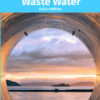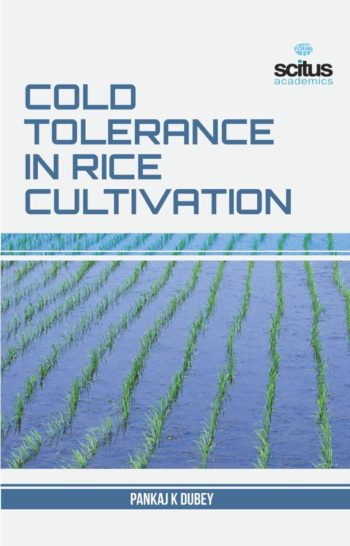Hydrology is the science that deals with the processes governing the depletion and replenishment of water resources of the earth’s land areas. It also refers to the cycling of liquids such as hydrocarbons on other planets. It focuses on the distribution of water in the subsurface, surface and atmosphere, the chemistry of that water, and the effects of climate on the water cycle. Measurement is fundamental for assessing water resources. Research in this field provides a better understanding of the processes involved in the hydrologic cycle, and insight for environmental engineering, policy and planning. Particularly noteworthy for the department are our research achievements in numerical and physical models for water and sediment flow in rivers and reservoirs. An important research subject is the studying of global and regional changes in the hydrological cycle. This can have various causes such as climate changes and other human interference, e.g. extensive forest clearance. With the help of process and field studies together with statistical and physical modeling, one can study how the hydrological cycle and water balance are affected.
This book ‘Hydrology’ provides some of the scientific, technologic, and policy aspects of the field of Hydrology. It covers the study of the movement, distribution, and quality of water throughout earth, and thus addresses both the hydrologic cycle and water resources. It provides a better understanding of the processes involved in the hydrologic cycle, and insight for environmental engineering, policy and planning. The studies also encompass water quality modeling, in particular pollution of field- and groundwater, and the transport and degradation of pollutants. This book will be of valuable for practicing professionals and students, mathematical modelers, hydrogeologists and water resources specialists.













